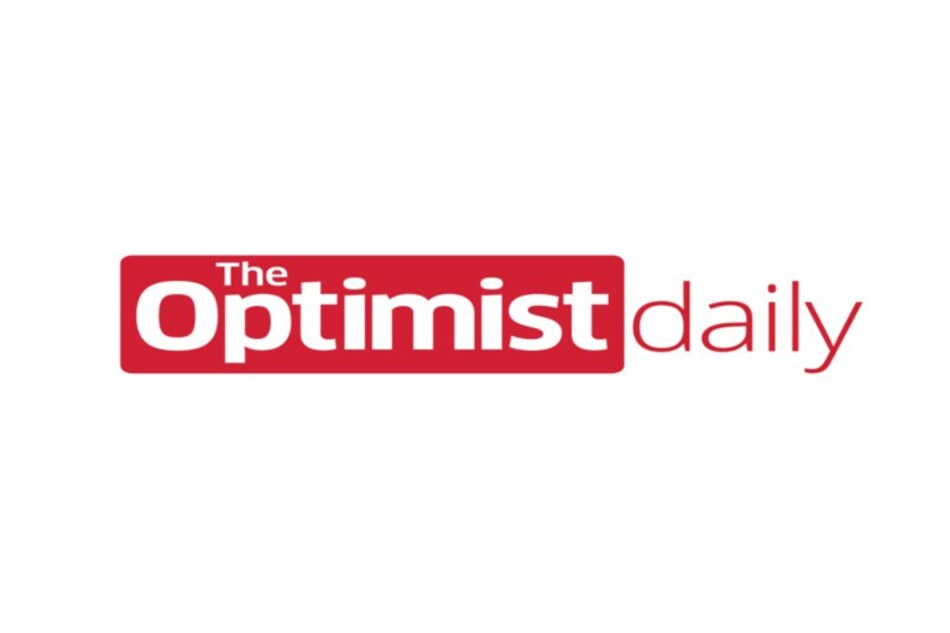The city of Gulu, Uganda, is six hours from the nearest recycling plant – so most plastic bottles collected in the city end up trashed or burned. However, in a small pilot facility that’s now operating behind a restaurant in the city’s downtown, a startup called Takataka Plastics is testing a new process to turn plastic waste into something valuable.
Designed by a team of engineers from UC Berkeley, Takataka’s recycling infrastructure consists of locally-built small machines that are able to sort, shred, and melt the plastic so that it can be easily upcycled.
“We’ve designed and built unique equipment for recycling plastic waste because locally built machines are cheaper and easier to maintain and fix if they break,” said founder Paige Balcom. What’s more, because they are locally-built, the machines are also easy to replicate, making it feasible for Takataka to build many machines and scale elsewhere in the region.
Out of the discarded plastic bottles it collects, Takataka is designing high-value products, beginning last year with wall tiles that are more than twice as strong as ceramic tiles and paving tiles that are more than 14 times stronger than concrete.
The company’s team of 14 people, six of whom are formerly homeless youth, is now focused on COVID-19, producing around 100 recycled plastic face shields for health clinics each day.
The overall model can easily expand to other cities and towns where governments can’t afford to build expensive recycling infrastructure, and where it doesn’t make economic sense to deliver waste to a recycling center somewhere else.











